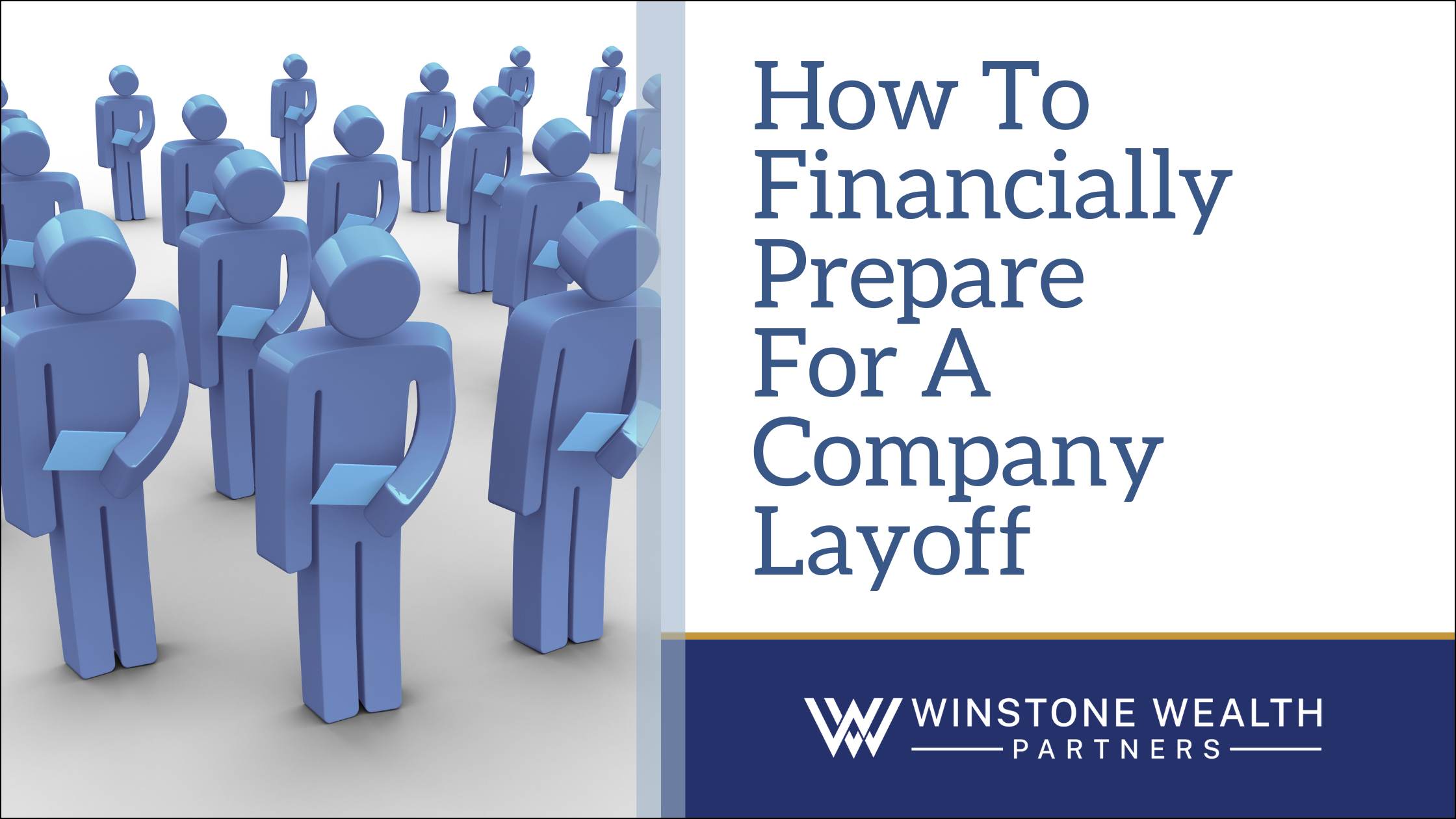Let’s be honest—when rumors of layoffs start swirling, it’s unsettling. Even if your job isn’t directly on the chopping block, the uncertainty can eat at you.
After more than 25 years advising clients through career pivots, market crashes, and corporate shakeups, I can tell you this: preparation is power. And here in Houston—especially in industries like oil and gas where cycles of consolidation and restructuring are part of the landscape—that preparation becomes even more essential.
Here’s how to get ahead of a potential layoff—financially and practically.
Get Clear on Your Spending
Start with the question: How much do I really need to get by each month?
Break down your recent expenses into:
- Essential (e.g., mortgage, groceries, utilities, insurance, minimum debt payments)
- Discretionary (e.g., streaming, takeout, workout classes, vacations, golfing, concerts, kids’ extras)
Example: Imagine a couple really sitting down to review their finances and spending and realizing they could trim $2,000 per month by pausing things like gym memberships, scaling back dining out, and switching to a lower car insurance plan. Those shifts alone could give them potentially 3-4 extra months of financial runway.
Build (or Rebuild) Your Emergency Fund
Most advisors recommend saving 3–6 months’ worth of essential expenses as your “Emergency Fund.” But even one month of savings can give you some runway and reduce pressure to make rash decisions.
If you’ve trimmed spending—say by pausing your gym membership, skipping a vacation, or canceling subscriptions—redirect that money immediately into your emergency fund. You can also:
- Use part of your year-end bonus or tax refund
- Pause contributions to long-term investments temporarily
- Sell unused items or tap side income sources
Keep in mind that emergency funds should be kept somewhere that feels secure to you and that is very liquid, or easy to get ahold of. We generally recommend that your emergency fund should be:
- In a high-yield savings account or money market account
- Separate from your checking or day-to-day spending account
- Not invested in the market—this is not the place for risk
Avoid keeping it in cash at home (you don’t want thousands under your mattress), but don’t lock it into a CD or investment account either—you want easy access without penalties.
Understand Your Severance Package—Really
If you receive a severance offer, don’t assume it’s just a lump sum check. You may also be entitled to:
- Base pay for a set number of weeks/months
- Unpaid PTO or vacation payout
- Restricted stock units (RSUs) or other equity—know the vesting rules
- Pro-rated bonuses depending on your firm’s comp structure
- Healthcare coverage continuation—see next section
We recommend you ask these questions:
- Is severance paid as a lump sum or over time?
- Will unused PTO be paid out separately (and taxed differently)?
- What happens to my unvested equity?
- Are there non-compete clauses I need to be aware of?
Pro Tip: Lump-sum severance payments can bump you into a higher tax bracket. A tax advisor can help you plan for that spike before April rolls around.
Know What COBRA Is—and What It Costs
COBRA (the Consolidated Omnibus Budget Reconciliation Act) gives you the right to keep your employer-sponsored health plan for up to 18 months after leaving your job.
But here’s the catch: you pay the full premium, not just the portion you were used to. That means no employer subsidy—and it adds up fast.
In our market here in Houston for example, this could potentially cost between $700–$1,200/month for an individual or $1,500–$2,000+ for a family.
Alternative options to consider:
- Join your spouse’s plan during their special enrollment window
- Shop ACA marketplace plans—these may be more affordable and provide subsidies depending on your income
Use Up Benefits While You Still Can
Once you’re off payroll, many employer perks disappear. While you’re still employed:
- Spend down FSA dollars—they don’t carry over
- Get any vision/dental checkups scheduled
- Download pay stubs, tax forms, 401(k) statements, and HSA/FSA balances
- Ask about stock option timelines and vesting schedules
Example: If you know you are going to leave a company, thinking ahead and printing PDFs of all your HR portal documents before you actually leave could be a smart idea. Later, in case your retirement account balance is called into question or disputed, having those records on hand could save weeks of back-and-forth.
Don’t Panic Into Poor Financial Decisions
A layoff is emotional. But don’t let fear drive your financial choices. In general, we recommend avoiding:
- Cashing out your 401(k) (this triggers taxes + penalties)
- Taking on high-interest debt to “buy time”
- Making big life decisions (new car, vacation, private school tuition) without a new income plan in place
Instead, we typically recommend focusing on:
- Filing for unemployment promptly
- Reviewing your monthly “burn rate”
- Exploring contract or consulting work as a bridge
Talk to a Financial Advisor—Not Just ChatGPT or Google
A good financial advisor does so much more for you than just helping you with investing. They can help you:
- Decide what to do with your 401(k), RSUs, or deferred comp
- Rework your financial plan for a lower-income season
- Minimize taxes and make your severance stretch
- Evaluate whether early retirement is realistic (yes, sometimes it is)
Example: Mergers happen all the time and, unfortunately, that often means people on one side of the deal end up getting laid off. In those situations, many assume they’ll need to get right back to work within a few months. But unless you sit down with a financial advisor, how do you really know? After reviewing savings, severance, and Social Security timing, it’s possible to find that semi-retirement is actually within reach—freeing up time for family, travel, or other priorities.
Bottom Line
If you’re in oil and gas—or really, any corporate role here in Houston—layoffs are an unfortunate reality. But they don’t have to derail your long-term goals.
Getting your finances in order today puts you in a place to feel more confident tomorrow. If you want help running the numbers or understanding your options, we are here for you. Feel free to book a complimentary consultation with me and my team: https://calendly.com/winstone-wealth-partners/winstone-intro-call
Please Note: Any opinions are those of Jeffrey A. Green and not necessarily those of Raymond James. Expressions of opinion are as of this date and are subject to change without notice. There is no guarantee that these statements, opinions, or forecasts provided in the attached article will prove to be correct. Individual results may vary.
While we are familiar with the issues presented herein, as Financial Advisors of Raymond James, we are not qualified to render advice on tax or legal matters. You should discuss tax or legal matters with the appropriate professional.

